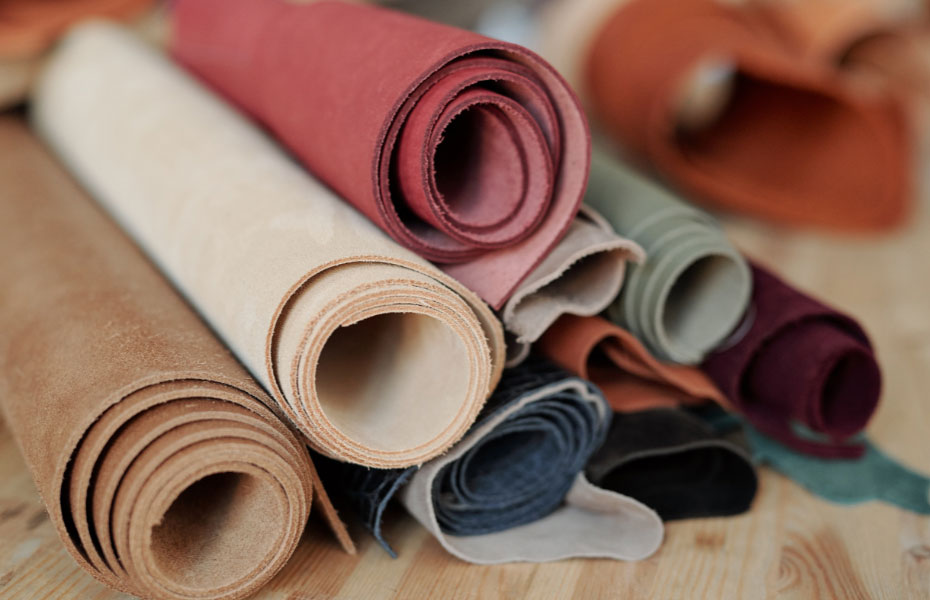Textile recycling is a process of converting textile waste into new textile products. This process can help reduce the environmental impact of the textile industry, which is one of the most polluting industries in the world. However, not all textiles can be recycled. Some textiles are made from materials that cannot be recycled, such as leather, fur, hair and feathers. Nevertheless, in the relentless pursuit of a more sustainable future, the textile industry has turned to creating innovative solutions to reduce its environmental footprint. One of the most promising responses is the development of post-consumer recycled yarn, an essential pathway to the circular economy. Although not all fabrics can be reused, it poses a number of challenges and opportunities for the sector.
In the following, we will explore which fabrics cannot be reused and how post-consumer recycled yarn can address this problem with focus and determination.
Synthetic fabrics and their impact on sustainability
The popularity of synthetic fabrics, such as polyester and nylon, has grown exponentially in recent decades due to their durability and affordability. However, these materials present a unique challenge for recycling. Their molecular structure makes them difficult to break down naturally, which means they cannot be easily reintegrated into new textile products. As consumers seek greener alternatives, the post-consumer recycled yarn industry is uniquely positioned to address this concern.
Overcoming the barriers of synthetic fabrics
Despite the challenges inherent in synthetic fabrics, advances in recycling technology are opening up new avenues. The transformation of discarded polyester garments into recycled yarns is a notable example. By investing in research and development, the recycled yarn sector can overcome technical barriers and offer tangible solutions for the reuse of these fabrics.
Mixed fabrics, a challenging puzzle
Blended fabrics, which contain a combination of natural and synthetic fibres, present an additional obstacle to reuse. The non-uniformity in fibre composition makes it difficult to break down and separate fibres efficiently. This has been a constant challenge in the textile industry, but also an opportunity for post-consumer recycled yarn.
Tackling the complexity of mixed fabrics
As sustainability demands increase, fibre separation and sorting processes have become more sophisticated. Cutting-edge technology, such as optical sorting and advanced process engineering, is paving the way to unravel the complexity of blended fabrics. Recycled yarn manufacturers can bring these innovative solutions to create high quality yarns from previously discarded garments.
Sports and performance fabrics
High-tech fabrics, such as those used in sports and performance products, often contain specialized materials that enhance their functionality. However, this technological enhancement can also present problems for conventional recycling. Additives and treatments in these fabrics can be difficult to remove, limiting their reusability. This is where post-consumer recycled yarn can make a difference.
Towards a sustainable future of advanced textiles
Post-consumer recycled yarn offers an exciting opportunity to transform high-tech fabrics into valuable resources. Through specialized recycling processes, it is possible to break down and reconstruct these advanced materials into high-quality recycled yarns. In doing so, the textile industry can move towards a future where functionality and sustainability coexist harmoniously. The reuse of fabrics presents significant challenges, but also exciting opportunities for the post-consumer recycled yarn industry. As the demand for sustainable solutions continues to increase, it is essential to address non-reusable materials in a creative and focused way. By investing in research, development and advanced technology, the recycled yarn sector is uniquely positioned to drive the textile industry’s transformation towards circularity and sustainability. Discover how post-consumer recycled yarn is one of the components that is leading the sustainability revolution in the textile industry through RESPIN by Vilarrasa.


